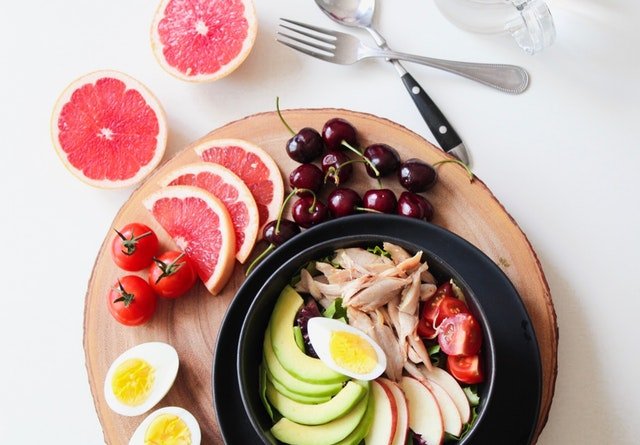
In a new study, researchers have found a new way to harness food as medicine to control harmful microbes in our gut while balancing microbial diversity by fostering the growth of beneficial bacteria.
The research was conducted by a team at San Diego State University.
Our gut microbiome can affect cognitive ability, metabolism, weight gain or loss, our moods, and even cause depression.
It can also cause inflammation that could lead to cancer, diabetes, Crohn’s disease, and irritable bowel syndrome. With careful analysis and planning, food could be used as medicine to correct imbalances.
Foods we eat commonly affect our gut microbiota. This research shows they do so by triggering the production of bacteriophage—viruses that infect and replicate inside bacteria.
Compounds in these foods have an antimicrobial effect which causes the phage to replicate.
The researchers began by identifying which foods were antimicrobial, then analyzed them before narrowing it down to a shortlist.
When examining growth curves of bacteria, they observed that while bacteria multiply over time, eventually their numbers plateau.
However, if phages are activated, then bacterial growth stops altogether and their numbers drop dramatically until they’re depleted.
Foods they tested that had antimicrobial effects include honey, licorice, stevia (a sugar substitute derived from the stevia plant), aspartame, hot sauce, herbs such as oregano, spices such as cinnamon and clove, rhubarbs, uva ursi (bearberry), and neem extract.
They also tested toothpaste, since it’s known to contain antimicrobial compounds. Of these, honey, stevia, aspartame, neem and uva ursi had the most impact in triggering phage production.
Once the researchers chose foods with known and perceived antimicrobial effects, they then selected bacteria representative of the two major gut phyla, Bacteroidetes and Firmicutes, including strains of pathogenic as well as beneficial bacteria.
They narrowed the food compounds down to 28 from 117 candidates on which they conducted the prophage induction assay.
Bacterial growth was observed with and without food compounds, for comparison. The samples were processed using flow cytometry, a sensitive method for detecting particles as tiny as viruses.
The team says over-consumption of broad-spectrum antimicrobial foods could contribute to the same metabolic states correlated with low gut diversity that may be produced by the administration of antibiotic medicines.
Proper understanding and utilization of these food compounds could aid in the treatment or prevention of conditions associated with gut imbalances, and promote overall health.
The researchers recommend that foods found to be prophage inducers should be studied further to elucidate their molecular mechanisms.
One author of the study is Lance Boling, an SDSU molecular biologist and research associate.
The study is published in Gut Microbes.
Copyright © 2019 Knowridge Science Report. All rights reserved.



